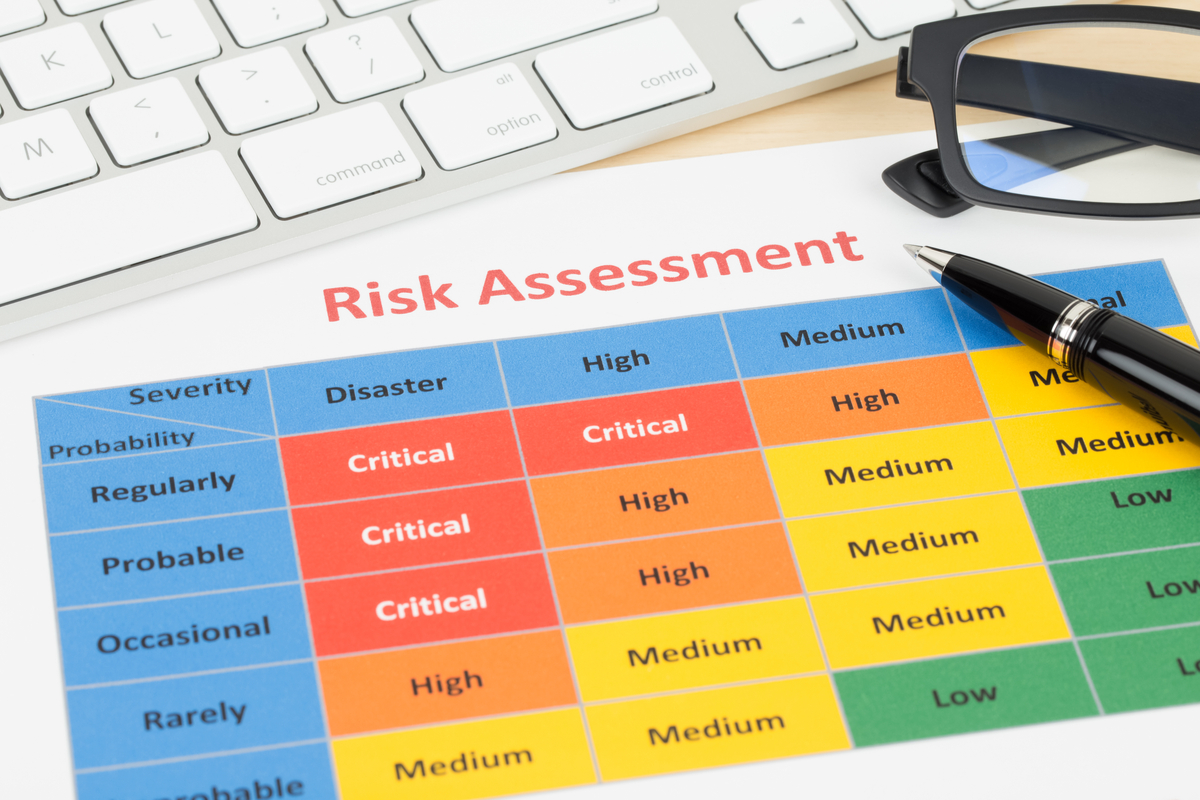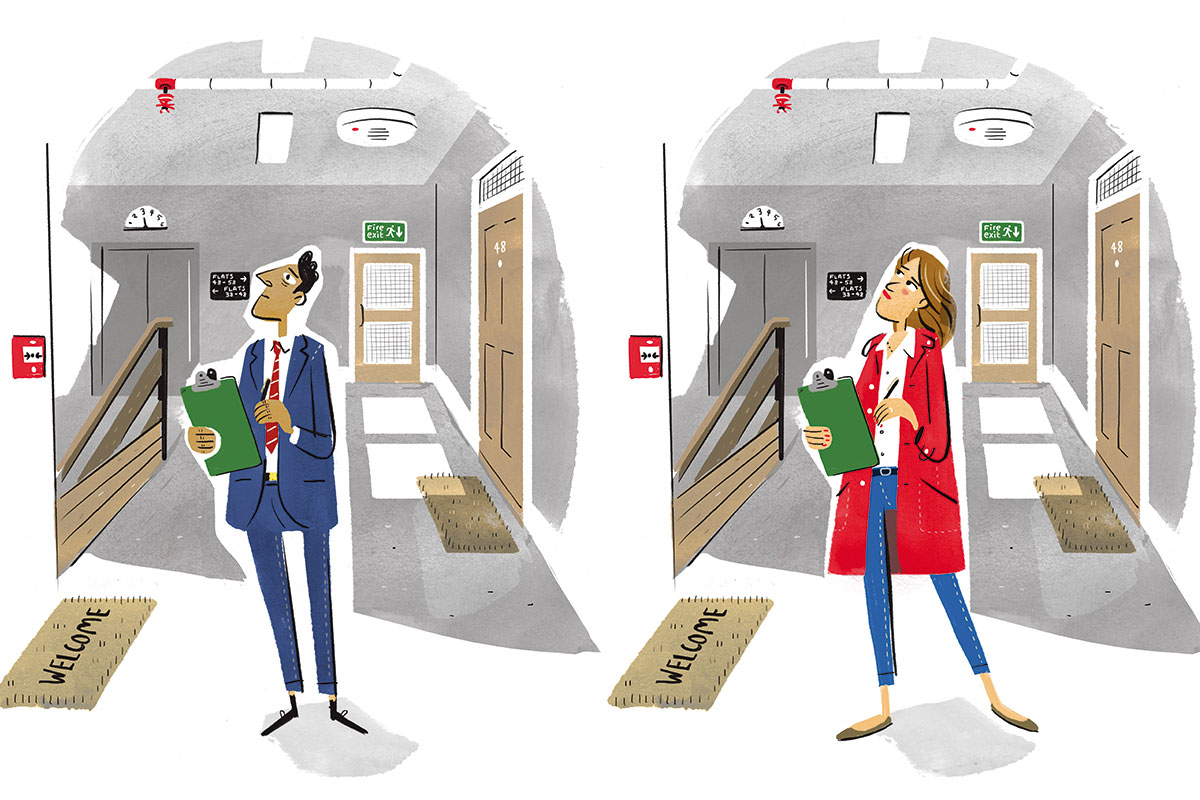You are viewing 1 of your 1 free articles
Sharing fire risk assessments is about tenant empowerment
Sharing information about fire risk helps identify trends and is also a strand of tenant empowerment, writes Martin Hilditch
Sixteen months on from the Grenfell Tower tragedy and there has been much talk about the need to empower tenants.
Now follows a summary of one strand of that conversation – relating to fire risk assessments (FRAs). In August 2017 the Information Commissioner told councils they should proactively publish FRAs and advised housing associations to do likewise.
The former chief executive of England’s social housing regulator, Peter Marsh, was moved to speak out about the issue a couple of months later – making similar calls – and the Ministry of Housing, Communities and Local Government suggested there was a public interest in publishing FRAs to help people gain “a fuller understanding of the issues surrounding fire safety”.
It was an issue that worried residents, too. In March 2018, Basingstoke MP Maria Miller looked to introduce a bill – the Fire Safety Information Bill – which would have required residents of high rises to have access to annual FRAs. She said she had been “contacted by constituents who had concerns about their safety” and that “residents… felt that the building owners and managers were not always transparent about risks highlighted in the FRAs”.
In May 2018, Dame Judith Hackitt’s review into building regulations said that “residents deserve transparency of information about their homes” and that “residents should have the right to access both current and historical fire risk assessments”.
In June, Inside Housing, which has been calling for the publication of FRAs, published learning from its survey of FRAs for 1,584 tower blocks – largely supplied by councils under Freedom of Information Act legislation – but only 13 housing associations shared data.
August’s Social Housing Green Paper said the government agreed with Dame Judith’s assessment and said that it would be “developing a new programme to support residents to engage with their landlords on issues of building safety in social housing”.
Last week the issue was raised by members of the London Assembly’s Housing Committee, with chair Sian Berry asking the chief executives of four associations if they planned to publish their FRAs, because “many people have asked us about that”.
David Montague, chief executive of L&Q, said his landlord would but it was about “finding the best way of doing it”.
The government might just be about to decide for them.
In an interview this week with housing minister Kit Malthouse, Housing Day organiser Leslie Channon teased out some further details.
Mr Malthouse suggested the government was minded to weave some of Ms Miller’s proposals into its future approach. Ms Miller believes this to be the case, having withdrawn her bill last month on the basis that the minister had convinced her that the government intended to bring forward legislation regarding better fire safety information for residents in high rises.
Inside Housing would encourage people to publish and share information about FRAs to help identify trends and impart lessons across the country.
But the FRA story over the past 16 months also contains lessons about engagement, listening and empowerment in its own right.
Martin Hilditch, managing editor, Inside Housing











